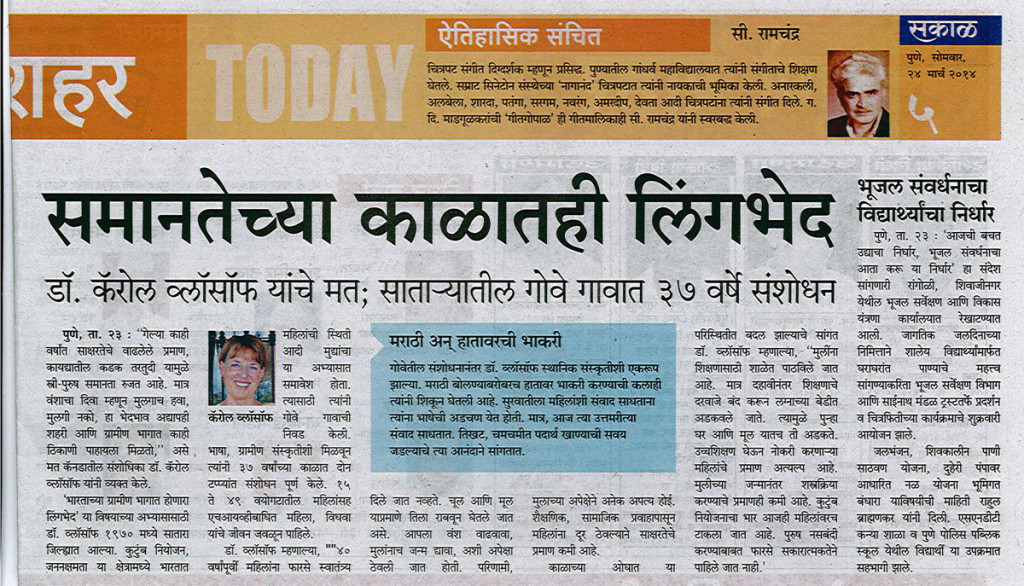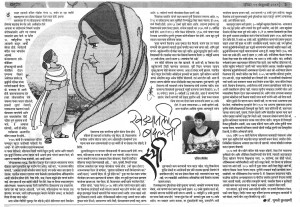This article was originally published in Medical Journal of Dr. D.Y. Patil University | July-August 2014 | Vol 7 | Issue 4
By Carol Vlassoff
The editorial entitled, The Indian health paradox: Lessons from Bangladesh, highlights an apparent contradiction in India’s growth story: That improvement in the nation’s health has not been commensurate with its economic growth. It notes that, while India is faring well in gross domestic product (GDP) per capita, it performs poorly in health indicators such as life expectancy at birth, infant and child mortality, access to sanitation, and child nutrition and immunization. Bangladesh, by contrast, while one of the world’s poorest countries with a per capita GDP of half that of India, is faring much better than India in terms of health indicators.
The author sees this paradox as rooted in gender equality, in which Bangladesh also outperforms India. Females are better represented in the labor force than in India, they have higher literacy and school enrolment and their representation in parliament is also more. As the editorial notes, all these indicators are powerful measures of women’s empowerment.


















 Keep reading…
Keep reading…

